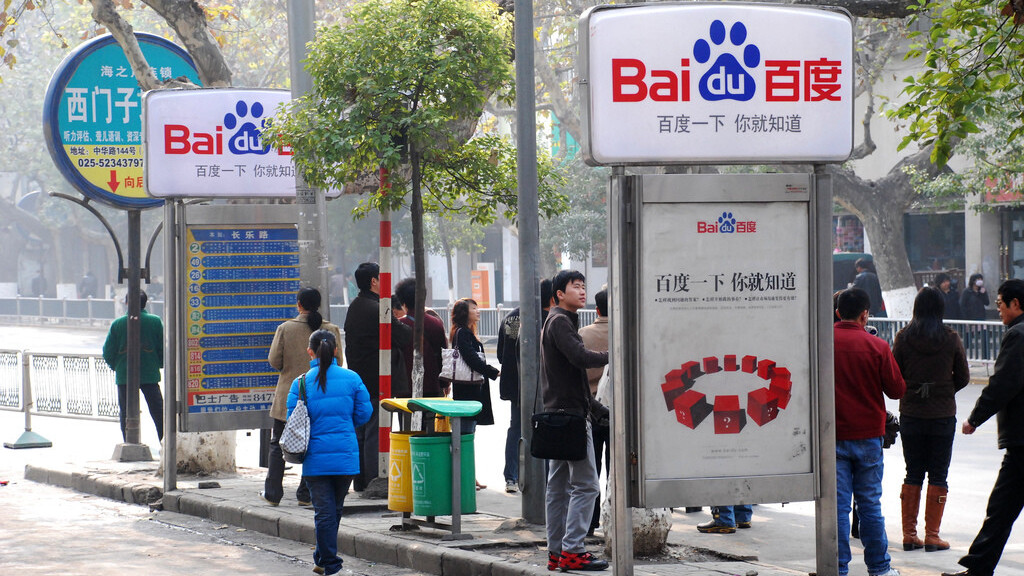
Baidu looks set to increase its footprint in Southeast Asia after the Chinese Internet giant announced plans to build a research center in Singapore, with a view to ramping up its services in the region.
In a statement, reported by Business Week, the company said the center — which will be developed in partnership with Infocomm Research — is an “important step in Baidu’s commitment to enhance its products in Southeast Asia”. Penn Olson states that the lab will focus on “natural language processing technology”, which will set the groundwork for Baidu to introduce services in local languages in the region.
Two languages specifically mentioned by Baidu are Thai and Vietnam — together Vietnam and Thailand number close to 150 million people — but there will be others which the company develops for. The company is already active in Thailand, where it launched a localized version of its Hao123 Web directory.
While China is an obvious target for Asian businesses, startups and large firms, alike, are increasingly looking to Southeast Asia. Social shopping site Multiply, for example, will relocate its US-based head office to Indonesia this year, LinkedIn too is seeing growth there, and Singapore continues to attract Google, PayPal and others.
Baidu is actively pushing its business on a number of fronts as it looks to expand on the success it has seen in its core markets in China. Domestically it is focusing on mobile Web services, while it is also rumored to be setting up a presence in Latin America, which would join its other international operations in Egypt, Thailand and Japan.
Baidu has been criticised for failing to differentiate its products in new markets and the research center is an effort to pick up local knowledge and understanding as it seeks to provide more relevant and compelling offerings.
The company is clearly intent on extending its success globally, with CEO Robin Li saying he wants it to be a household name in at least half of the world. However it will face a tough fight in Southeast Asia, where a number of local language already have search and other services.
Yahoo maintains a strong brand in the region, particularly Indonesia and the Philippines, while Google — which is dominant — is building a strong local presence with offices in Singapore, Thailand and Malaysia with plans for Indonesia and others.
We recently assessed how Baidu stacks up against Google in China and, ironically, the roles will be reversed in Southeast Asia, with Baidu keen to dig into Google’s market share there.
Get the TNW newsletter
Get the most important tech news in your inbox each week.





